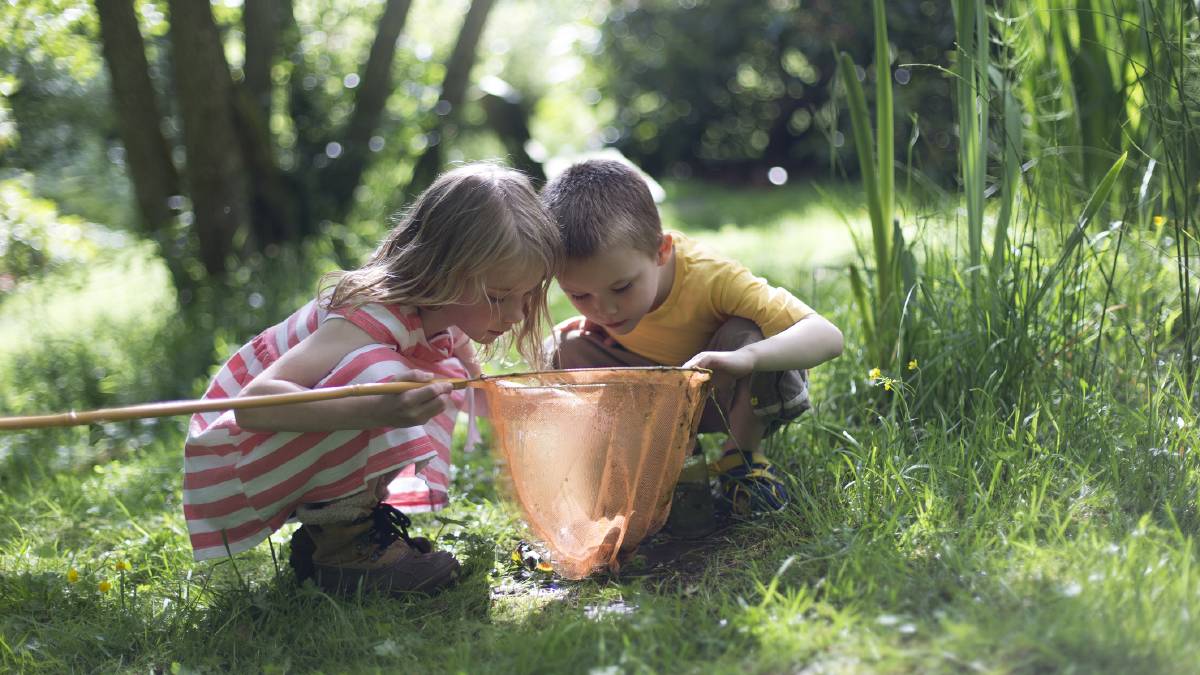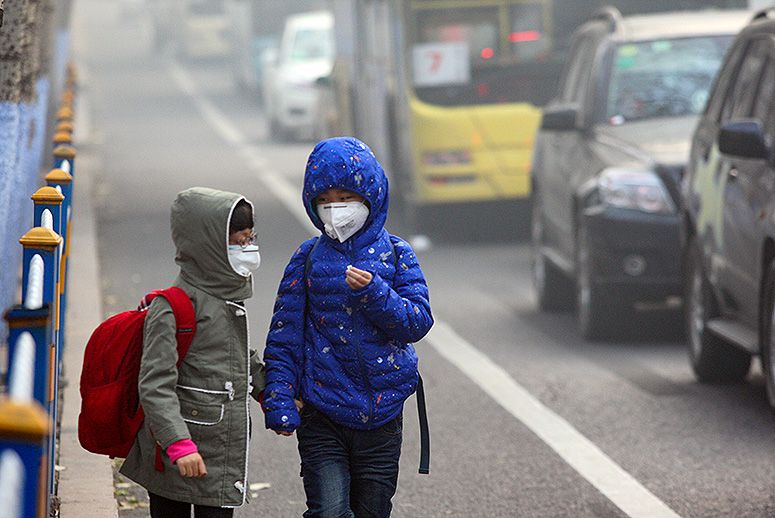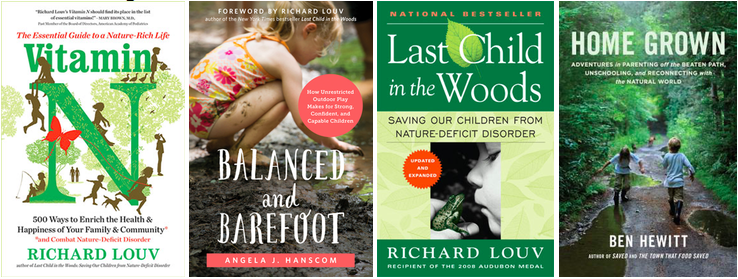Since December 2016 I have joined the crowd, but more for the sake of our children than for myself. We still don’t wear face masks, but I watch the US consulate rating before we decide if outdoor activities are advisable for our family. 16 of the world’s most polluted cities are said to be located in China. A rough, gut-felt estimate on the sources of air pollution: 1/3 traffic, 1/3 industry, 1/3 building operation. But all air pollution is rooted in China’s deadly energy mix with more than 60% based on thermal power plants which burn domestic and imported coal to fuel the GDP growth machine … leaving China’s residents with healthy carbon dioxide.
Back in 2014 air pollution was one of ten top reason's to leave China. Our choice was to stay despite many befriended families moving out. 2016 was a year with outstanding AQI values and I repeated myself many times saying that this is the best year we had in Shanghai since our arrival in 2009. But as every year the regional weather conditions are worst from November to February and our expectations were not disappointed that year, neither were they this winter. Shanghai residents suffer during the cold season frequently from PM 2.5 values around and beyond 150 µg.
Many schools have implemented strict regulations based on a national Air Quality Index (AQI) e.g. no outdoor activities if AQI higher than 120. Understandably so. One is concerned with the health of those who have been put in one’s care. Thomas Thalhelm, founder of Smart Air, the company who provides DIY kits for indoor air purification, writes that he quit using AQI and relies entirely on PM 2.5 data, because its independent from national standards. But does it make any difference which measurement of air pollution we follow?
WHO writes in the first paragraph of its fact sheet on air quality that air pollution is a major environmental risk to health. By reducing air pollution levels, countries can reduce the burden of disease from stroke, heart disease, lung cancer, and both chronic and acute respiratory diseases, including asthma. Our obsessive focus on air quality generates however a certain blindness to other health risks; and it conspires with our increasing addiction to screens which keep us indoors, sealed off from the “harmful” outdoors.
The Children & Nature Network, a non-profit which is dedicated to reconnect children with the natural world, lists in its research section a number of scientific studies which confirm that limited exposure to nature leads to an increased probability of
- Attention disorder
- Hyperactivity disorder
- Obesity
- Depression
- Slowed cognitive development
- Reduced creativity
It seems therefore that parents face a tough choice: either protect their children from the toxic emissions of our industrial and urban environments or expose them to the dulling and debilitating conditions of indoor life. The truth is though simple and there is no choice. Richard Louv believes that the effects of nature deficit disorder on our children will be an even bigger problem in the future. An increasing pace in the last three decades, approximately, of a rapid disengagement between children and direct experiences in nature…has profound implications, not only for the health of future generations but for the health of the Earth itself.
If we want to save our children, we need to connect them to nature; and the more we connect to nature the more likely it is that we clean up the mess we have created. That’s most likely what Victorian poet Mary Anne Evans aka George Eliot anticipated when she wrote in the 19th century: We could never have learned to love the earth so well, if we had had no childhood in it.
Further reading:


